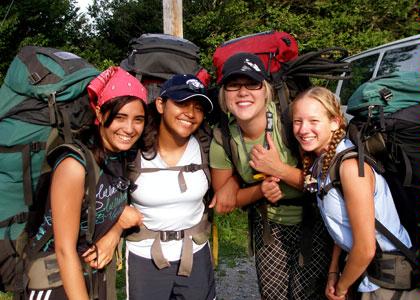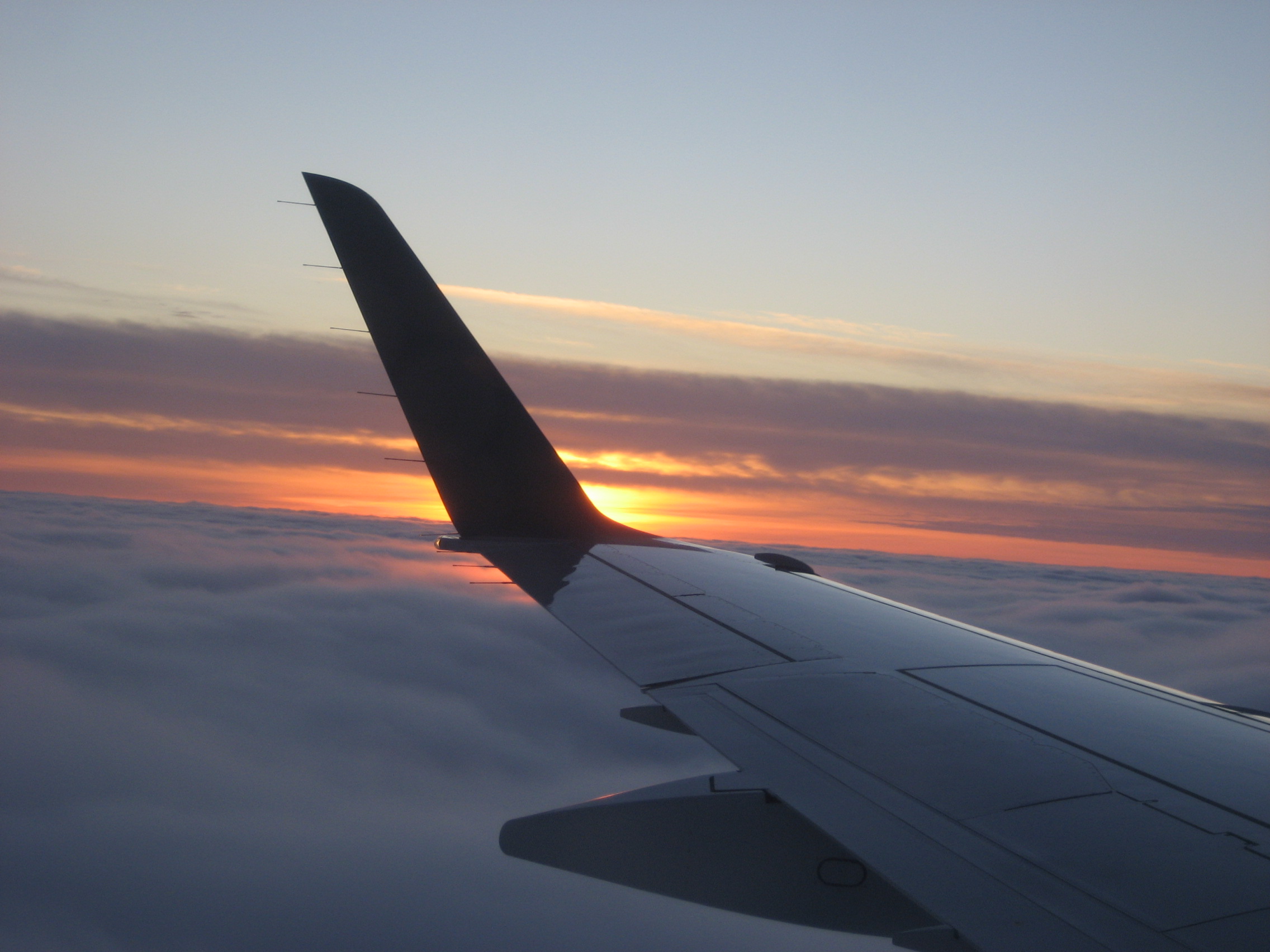|
|||||||||||||||||||||||||||||||
|
Travel Preparation There are a number of things that you'll need to arrange before you depart for your destination abroad. Travel plans including obtaining passport, visa, and arranging for airport pickup are among the first steps to help get you abroad successfully.
If you don't have one already, apply for one as soon as possible.
Make sure your passport will be valid for at least six months after the end date of your study abroad program, or the date of your departure. Immigration, Visas, and Embassies A Visa is the government document required by your host country and is often a stamp in your Passport. Some Visas can take several weeks to obtain. Make sure you understand the requirements for your specific Visa. Contact your program provider or sending institution and Embassy or Consulate of the country you plan to study in for specific requirements and regulations and specific instructions about how to apply and obtain a visa for your destination. Also, register with the U.S. Embassy before you travel through the Smart Traveler Enrollment Program.
 Responsible, Sustainable International Travel: Impact Study abroad exposes students to the world. It also exposes the world to the environmental, social, and economic impacts of international travel. Make an effort to take into account the ways in which you may impact the world while studying, living, working, traveling, or volunteering abroad.
Learn About Your Destination
Before you go, read as much as possible about the country where you will reside. Libraries, bookstores, and tourist bureaus are good resources to find out more information about the country. Check out YouTube videos, student blogs, and travel guides for particularly rich resources. You can also visit a country's Embassy website to locate Consulate information and services. Country-specific consulate websites are full of information for visitors: tourists, students, businesses.
Talk to a Peer Returned students (students who have been abroad before) will give you information that you can't get from a guidebook. They can give you advice on what to pack, how to make friends, and the cheapest way to call home. If you don't know anyone who has studied abroad, ask your advisor for names and contact information of students who have studied abroad.
 Airline Tickets Airline Tickets Start researching flights so you can budget your money.
Check out www.studentuniverse.com or www.statravel.com for cheap, no-overhead flight prices, just for students! Time and Money Quick Currency Converter - Interactive Web services on the Internet & the world's most popular Internet currency tool. Provides immediate current exchanges for over 180 of the worlds' currencies.  Arrange Your Arrival from Airport to Destination Arrange Your Arrival from Airport to Destination Some universities arrange to have you picked up at the airport.
Be sure to arrange, or at least research this prior to your departure from the U.S.. Many universities and programs also provide you with clear instructions on your arrival and what to do to get from the airport to your next destination. It's also a good idea to travel with contact information for people you may be meeting upon arrival. Keeping in Touch
For many people, the hardest thing about traveling is being away from family and friends. There are plenty of cost efficient ways of maintaining contact with the important people in your life while you are away. If you plan to call anyone while traveling abroad, you definitely need a pre-paid phone card because calling from overseas can be extremely expensive if you don't have one.
Skype - Stay in touch using the phone and Internet while you are traveling. Click here for a table that summarizes information on the electrical systems in use in most countries of the world. |
||||||||||||||||||||||||||||||
|
|||||||||||||||||||||||||||||||
 Passport
Passport